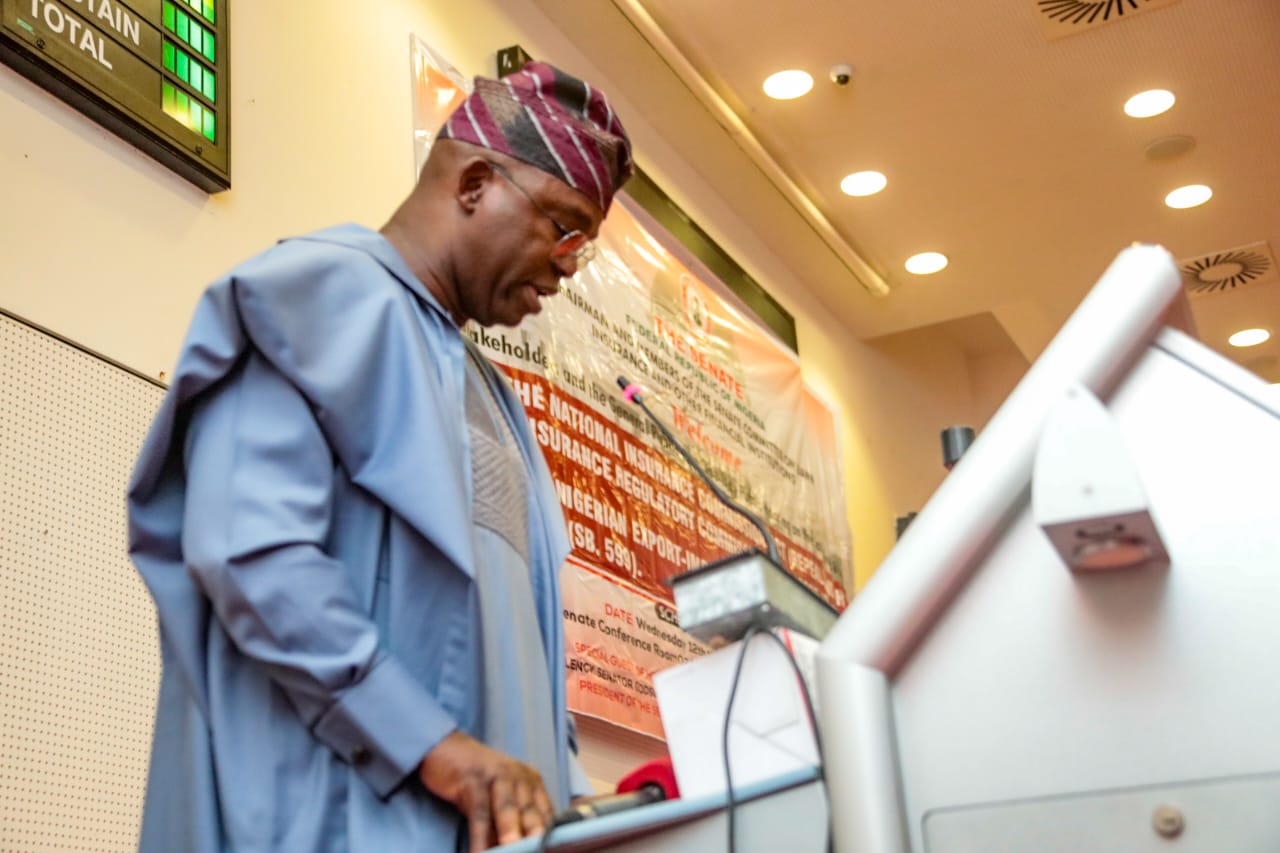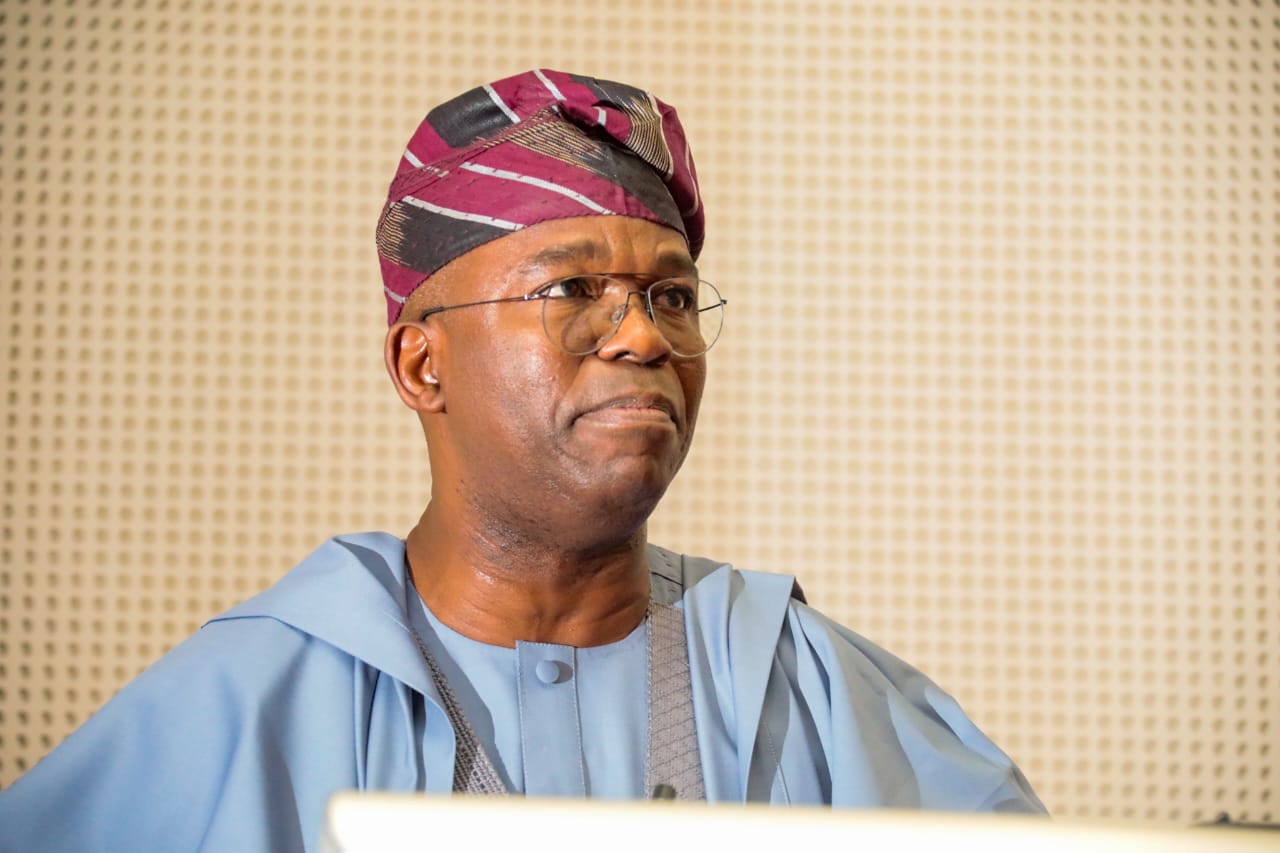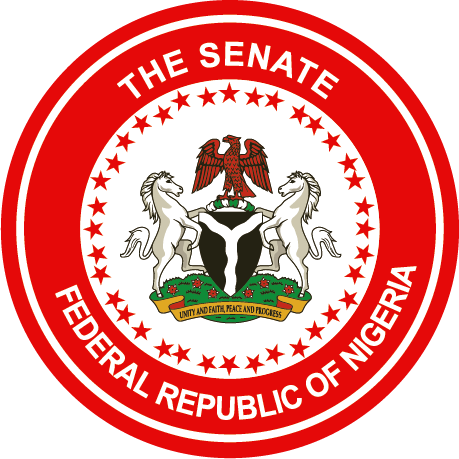The Nigerian Senate has reaffirmed its commitment to strengthening Nigeria’s financial regulatory framework to enhance economic growth and global competitiveness, recommending N1 trillion as capital base for the Nigerian Export-Import Bank.
The Chairman, Senate Committee on Banking, Insurance and Other Financial Institutions, Senator Mukhail Adetokunbo Abiru, FCA, speaking at a public hearing on the Nigerian Export-Import Bank Act (Amendment) Bill, 2025 (SB. 599) and the National Insurance Commission Act (Repeal) and Insurance Regulatory Commission Bill, 2025 (SB. 394), held at the National Assembly Complex, Abuja on Wednesday, said the two Bills represent a major step toward modernizing Nigeria’s financial laws to meet current realities.

Abiru explained that the amendment to the Nigerian Export-Import Bank (NEXIM) Act, first enacted in 1991, aims to reposition the institution to better promote non-oil exports, support small and medium enterprises, and facilitate trade financing in line with global best practices.
He noted, “It is however important to note that the existing NEXIM Act was enacted in 1991; over thirty years ago. The structure and realities of both the global and domestic economies have evolved significantly since then. The law has therefore become outdated and inadequate in addressing modern trade realities, technological advancements, and new financing models that now define the global export landscape. This amendment, therefore, seeks to modernize the enabling law to align with contemporary best practices and Nigeria’s strategic economic priorities.

On the National Insurance Commission Act (Repeal) and Insurance Regulatory Commission Bill, the senator said the legislation seeks to overhaul the insurance regulatory framework, which has remained largely unchanged since 1997. The new Bill proposes the establishment of a stronger, more responsive Insurance Regulatory Commission to address emerging issues such as digital insurance products and fintech innovations.
According to Abiru, both Bills symbolize the Senate’s broader reform agenda to modernize financial institutions, strengthen regulatory oversight, and align Nigeria’s financial system with international governance and transparency standards.
“These Bills reflect the Senate’s commitment to supporting the executive’s economic reform initiatives, strengthening institutional efficiency, and aligning our financial sector with global standards,” he said.
He stressed that public hearings like this are vital to participatory lawmaking, as they allow policymakers, regulators, and industry experts to provide input that ensures the resulting legislation is both practical and transformative.
The Honourable Minister for Trade and Investments, Jumoke Oduwole, lauded the Senate for their support in driving President Bola Tinubu-led administration’s vision of building a one trillion dollar economy.
Mr Olusegun Omosehin, the commissioner for Insurance/ Chief Executive National Insurance Commission, Abuja, in his remarks commended the Nigerian Senate, particularly Abiru-led committee for providing the regulatory framework for the sector to blossom.
Also the Managing Director/ Chief Executive, NEXIM, Mr. Abba Bello, strongly supported the proposal for the establishment of an export development fund to enhance the operational effectiveness of the bank, stressing that “despite Nigeria’s vast potential, non-oil exports contribute less than 10% of total foreign exchange earnings, largely due to inadequate export financing”.
Abiru assured stakeholders that all submissions and recommendations made at the hearing would be carefully considered in the committee’s report to the Senate.




